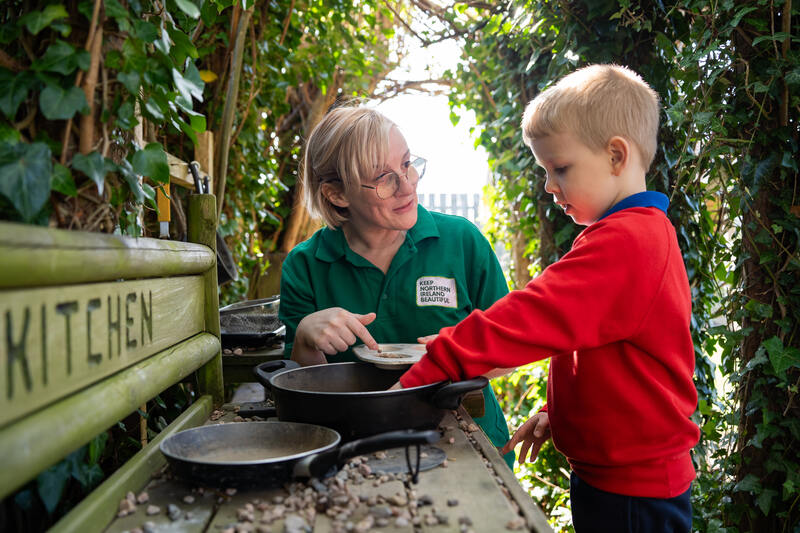Healthy Living
 Health affects more than just the body – it also impacts happiness, confidence, learning, and future life choices. Poor health can lead to poor school results, which then limits future opportunities.
Health affects more than just the body – it also impacts happiness, confidence, learning, and future life choices. Poor health can lead to poor school results, which then limits future opportunities.
Key Facts (2023–2024)*
- 12.6% of children in Northern Ireland experience anxiety or depression, with over 50% waiting more than 9 weeks for mental health support.
- Only 30% of children across the UK get the recommended 1 hour of daily physical activity.
- While 76% of children eat fruit most days and 67% eat vegetables, just 23% meet the "5-a-day" guideline—only 9% among teenagers.
- 26% of children in Northern Ireland are overweight or obese.
- Smoking among under-16s remains low at around 5%, but vaping is rising, with 7.2% of 11–17-year-olds currently using e-cigarettes.
- 28% of children aged 11–15 in Northern Ireland report being bullied, and 14% have experienced cyberbullying

The Role of Schools in Healthy Living
To stay healthy, children need a safe home, support, friends, and access to help—and schools are key. Children spend around 15,000 hours at school, where social pressures can impact their health.
Schools can:
-
Offer structure and social support.
-
Create a safe and caring environment.
-
Promote health through lessons and school culture.
-
Serve healthy food options.
-
Encourage physical activity.
-
Teach skills for long-term well-being.
The Resources section includes details of a range of organisations that can offer your school help on healthy lifestyle issues.
*statistics from NHS and Ulster University reports
